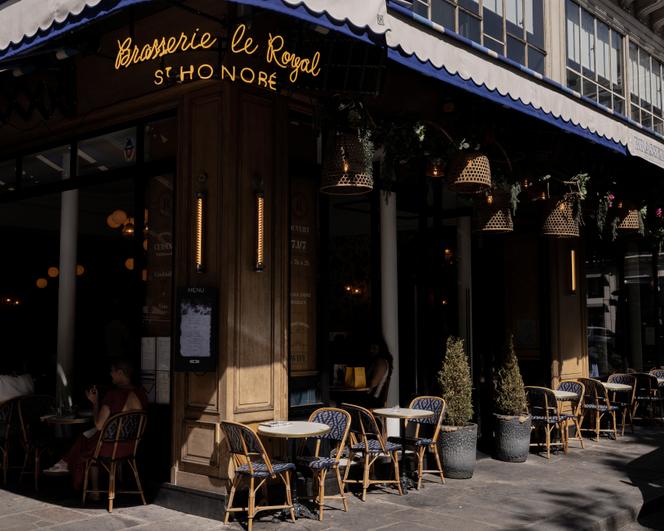


In the northern French town of Gravelines, four nuclear reactors have been shut down since Monday, August 11. In a scenario seemingly drawn straight out of a science fiction movie, a massive number of jellyfish had clogged the filters at the pumping stations that draw in seawater to cool the plant. Two days earlier, reactor number two at the Bugey power plant, in Alpine eastern France, was shut down to avoid discharging overheated water into the Rhône river, thereby protecting the local fauna and flora. These two examples highlight the consequences of climate disruption for certain economic sectors, while others stand to benefit (cinemas, shopping centers, ice cream vendors, air conditioner and portable fan sales, etc.).
Since Friday, August 8, France, like the rest of Europe, has been suffocating under a heatwave, forcing many industries to adapt to scorching temperatures and compelling companies to step up efforts to protect their employees' health. On Wednesday, three quarters of mainland France were placed on alert, including five departments on red alert and 68 on orange (out of 96). On Tuesday, a temperature of 42.9°C was recorded in Saint-Laurent-du-Pape, and 42.6°C in Romans-sur-Isère, both in southeastern France. The prefect of the Rhône department, where both towns are located, suspended all outdoor construction work. To the south of the western Maine-et-Loire department, the Cholet inter-municipal authority rescheduled household waste collection to evening hours – between 7 pm and 3 am – and is only opening waste collection centers in the morning, when it is still relatively cool.
You have 79.65% of this article left to read. The rest is for subscribers only.
